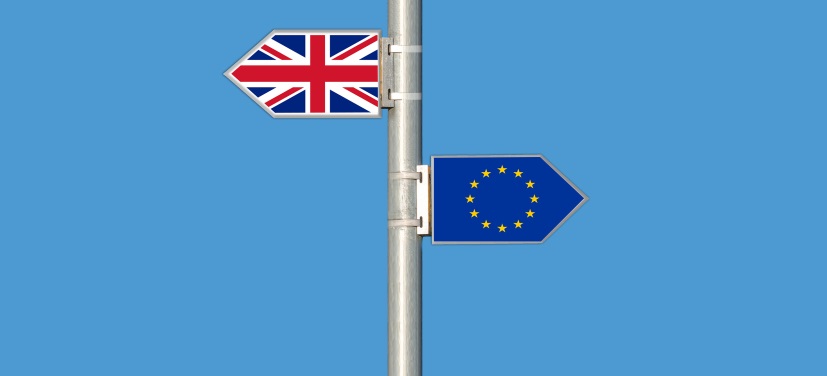
AI Regulation: Comparative Analysis of EU, USA, and Ukraine’s Approaches
BY
Stanislav Yukhymenko AND The Institute for Economic Research and Policy Consulting - Kyiv / June 10, 2025
The rapid development of artificial intelligence technologies creates both unprecedented opportunities for progress and significant risks to fundamental human rights, security, and privacy. This necessitates the development of balanced regulatory frameworks that would ensure the safe use of AI.










